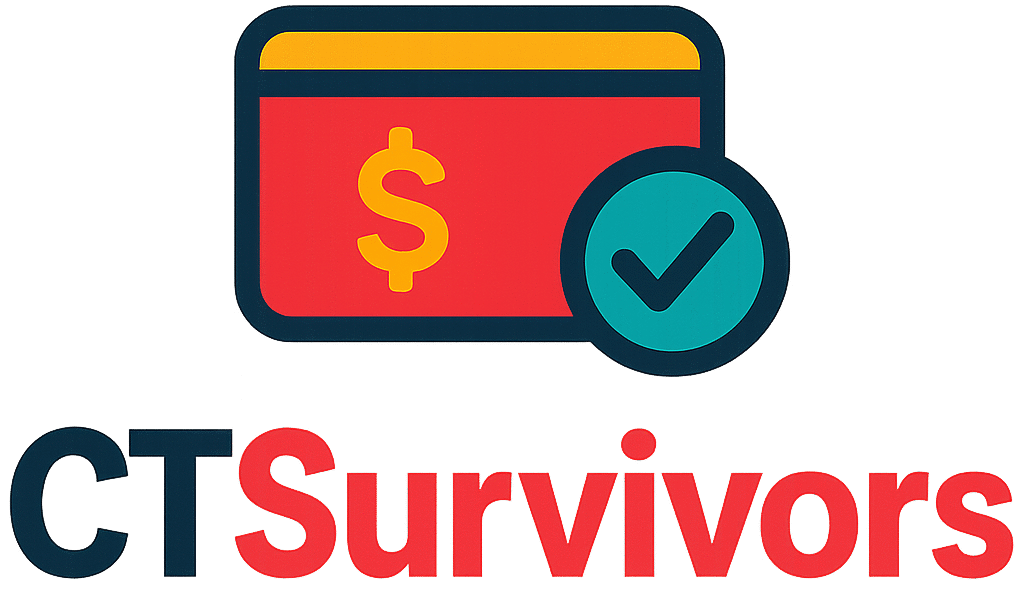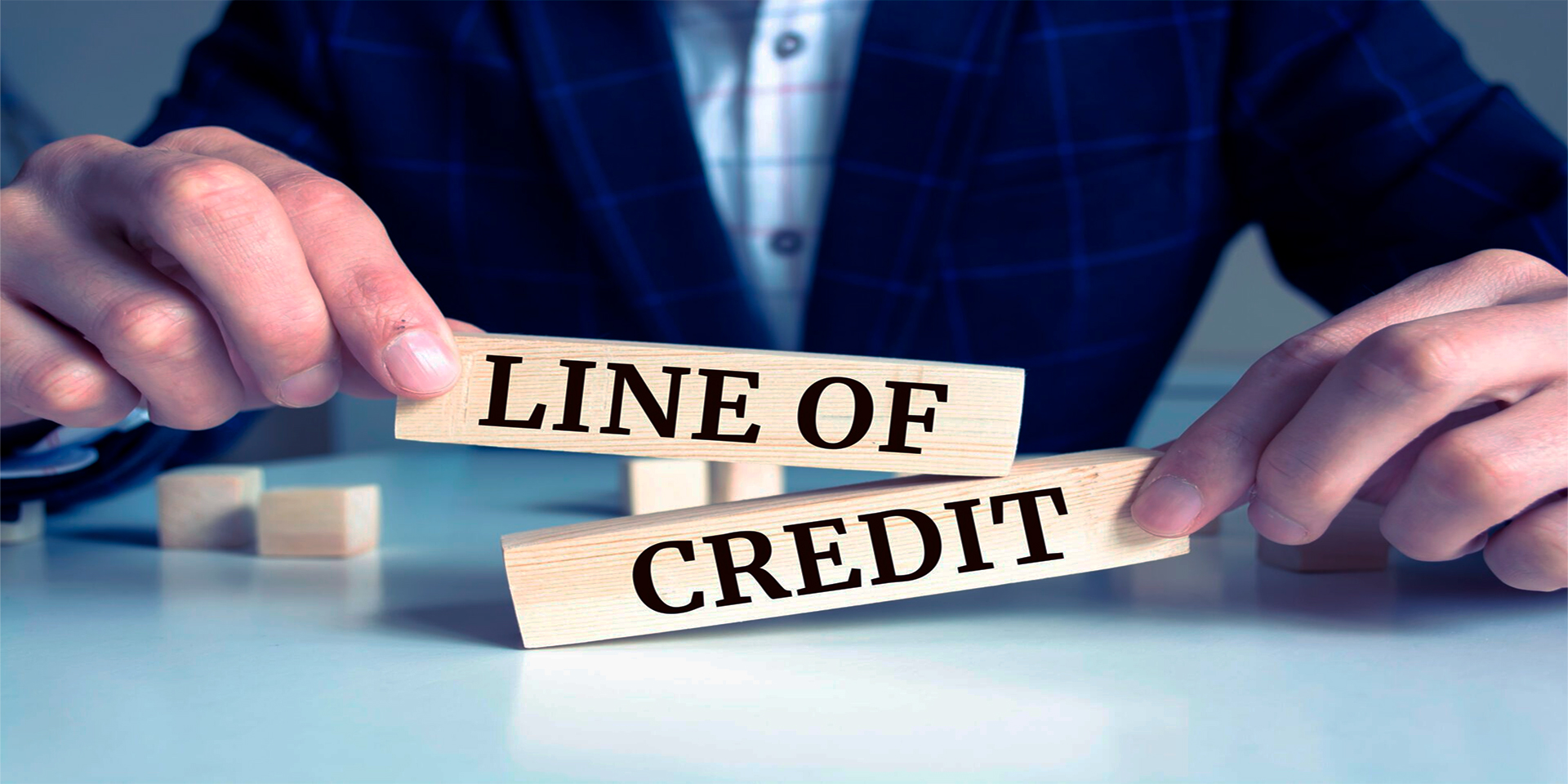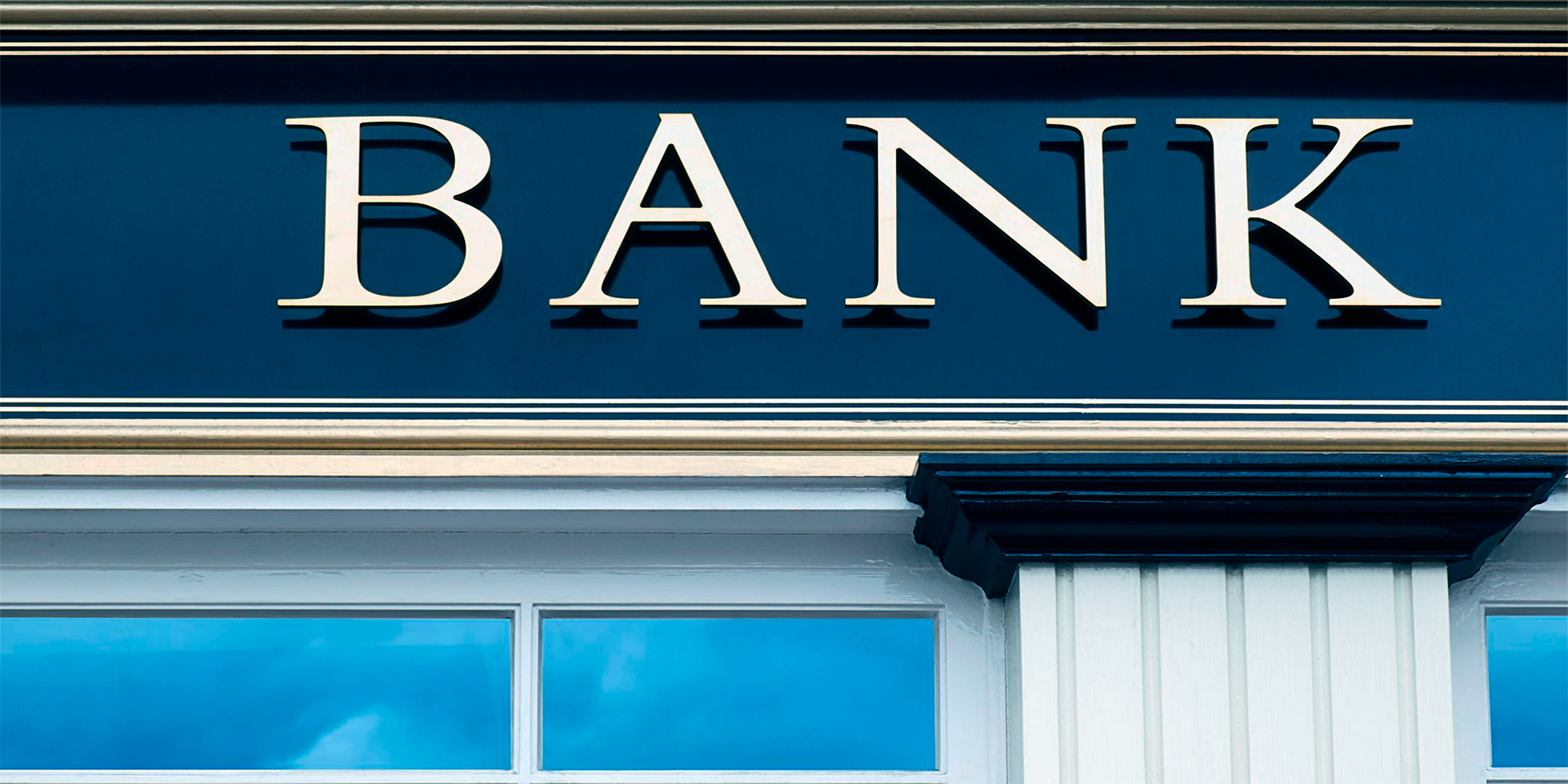Imagine you’re doing someone a favor — a good friend, a close sibling, or even a partner. They ask you to co-sign a loan. “You won’t have to pay anything,” they say. “It’s just paperwork.” Fast forward a few months: they miss payments. You get a call from the bank. That favor? Now it’s your financial burden. Being a loan guarantor feels helpful at first — until it becomes your legal, emotional, and economic nightmare.
What It Actually Means to Be a Guarantor
When you sign as a guarantor, you’re making a legal commitment to repay the loan if the borrower doesn’t. Not partially. Not just in emergencies. Fully. You’re not just vouching for their character — you’re backing their financial risk with your own money, credit, and future. Guarantors are often treated by lenders as equally liable from the start. In legal terms, it’s a binding contract. And in real life, it often turns into regret.
This isn’t limited to personal loans. Car financing, business lines of credit, credit cards, and student loans frequently require co-signers or guarantors. In each of these, your role may be “secondary” on paper, but if the borrower falters even slightly, you become the primary payer in practice.
Common Misunderstandings About Being a Guarantor
| Misconception | Reality |
|---|---|
| It’s just a formality | You’re legally responsible for the full loan |
| I’ll only pay if the borrower disappears | One late payment can trigger your obligation |
| I can back out later | You’re locked in for the duration unless the lender releases you |
| This won’t affect my credit | It can tank your score just like your own missed payment |
| I’ll be informed before anything serious happens | Many guarantors find out only after legal action has started |
These misconceptions create a false sense of security. Most guarantors don’t understand the risks until it’s too late — and by then, they’re facing collection agencies or court orders.

The Real-World Consequences of Loan Guarantees
What happens when the borrower defaults? You inherit everything: the unpaid balance, interest, penalties, legal fees, and credit damage. If you can’t pay, the bank can take legal action, garnish your wages, or freeze your accounts. In some cases, your property — or even your retirement savings — may be at risk. Your ability to take out future loans, mortgages, or business credit drops dramatically, even if you eventually pay the loan off.
Financial Consequences of Being a Guarantor
| Scenario | Impact on Guarantor |
|---|---|
| Borrower stops paying | You’re liable for the full outstanding debt + fees |
| Borrower pays late repeatedly | Your credit score drops due to linked responsibility |
| You can’t cover the loan | Legal action begins; garnishment and seizure possible |
| You repay out of pocket | Your personal financial goals are derailed |
And don’t assume banks will show mercy. Lenders may prefer chasing you — the responsible party — over the original borrower. Especially if you have a better credit score or higher assets.
International Differences in Liability
How much trouble you’re in depends not just on the lender or borrower — but on where you live. Different legal systems treat guarantors very differently. Some countries offer mild protections. Others treat you like the primary debtor with no room to argue.
Countries With Strict Guarantor Laws
| Country | Guarantor Risk Level | Legal Treatment |
|---|---|---|
| India | High | Full liability even post-bankruptcy; courts enforce repayment aggressively |
| Brazil | Very High | Immediate court action; no delays or notifications required |
| United States | High | Guarantors can be sued as soon as a borrower defaults |
| Germany | Moderate | Courts assess “fairness,” but most guarantees hold up |
| Japan | Moderate | Guarantor details are registered in national credit databases |
Even in regions with “moderate” enforcement, being a guarantor still means assuming real financial risk. The label may be different — but the outcome is often the same.
What You Should Ask Before Saying Yes
If someone asks you to co-sign, pause. It’s a legal contract, not a favor. Here’s what you should ask yourself before agreeing:
- Can I afford to pay this loan if they can’t?
- Do I understand the full amount, interest, term, and obligations?
- Is this person financially stable — and trustworthy?
- Have they missed payments before?
- Do I trust them to tell me if they’re falling behind?
- Am I ready to sacrifice my own financial stability?
If you answer “no” to any of these, don’t sign. There are other ways to help — financial advice, budgeting support, even small direct assistance — without exposing yourself to legal risk.

Already a Guarantor? Here’s What You Can Do
If you’ve already signed the contract, you’re not powerless. It’s important to be proactive, even if payments seem fine for now:
- Ask the lender for monthly statements or online access to the loan
- Stay in communication with the borrower
- Build your own emergency savings just in case
- Consult a lawyer to understand your rights in case of default
- If allowed, negotiate a release from the loan or request that the borrower refinances in their name only
The earlier you act, the more options you’ll have. Waiting until default often means there’s little room to maneuver. And once court action begins, things move fast.
Don’t Let Emotion Outweigh Caution
One of the most common reasons people agree to become guarantors is emotional pressure. “They need me.” “It’s family.” “They’ll never ask again.” Those feelings are real — but they don’t erase the consequences. Lenders count on emotional bonds to override financial caution. That’s part of the reason why guarantors are so common in high-risk loans.
In the end, you’re not helping if your own finances collapse. There’s nothing selfish about protecting yourself. Boundaries are financial safety nets — not betrayal.
Conclusion
Becoming a loan guarantor is one of the most underestimated financial risks you can take. It sounds supportive, even noble — but the reality is harsh. One missed payment from someone else, and your own financial life can spiral. Before signing, understand exactly what’s at stake. Ask hard questions. Get legal advice. And above all, don’t let guilt or pressure make a decision that could follow you for years. Because when bail becomes a trap, no one else will pay the price but you.



